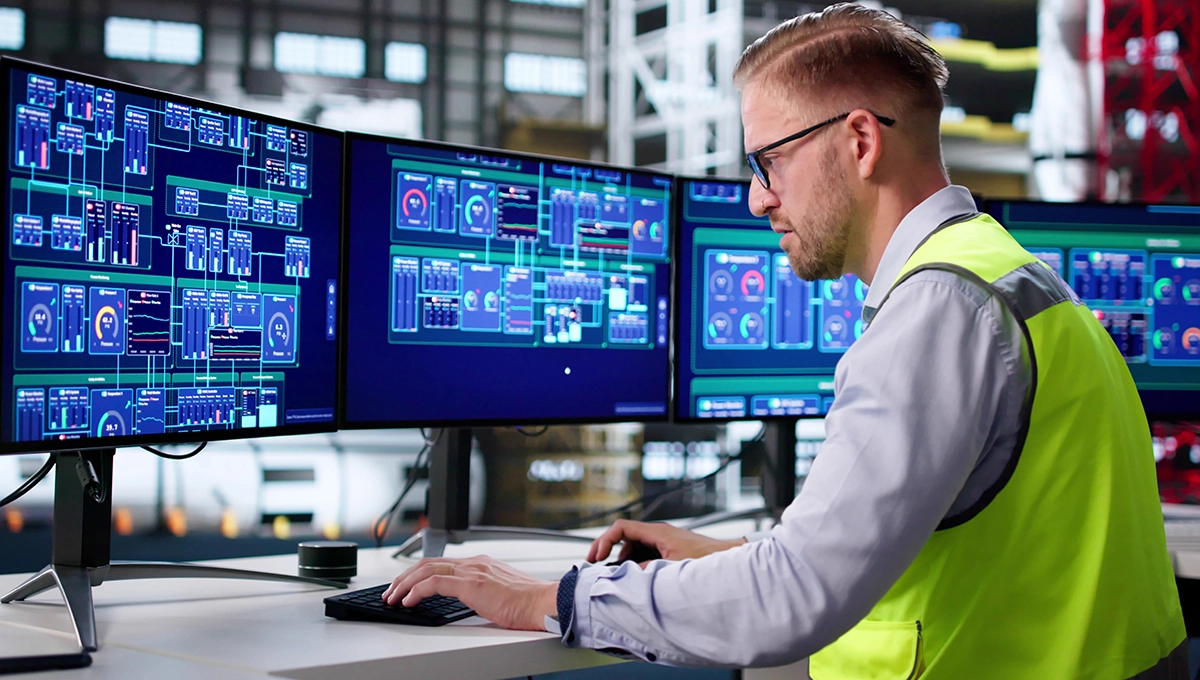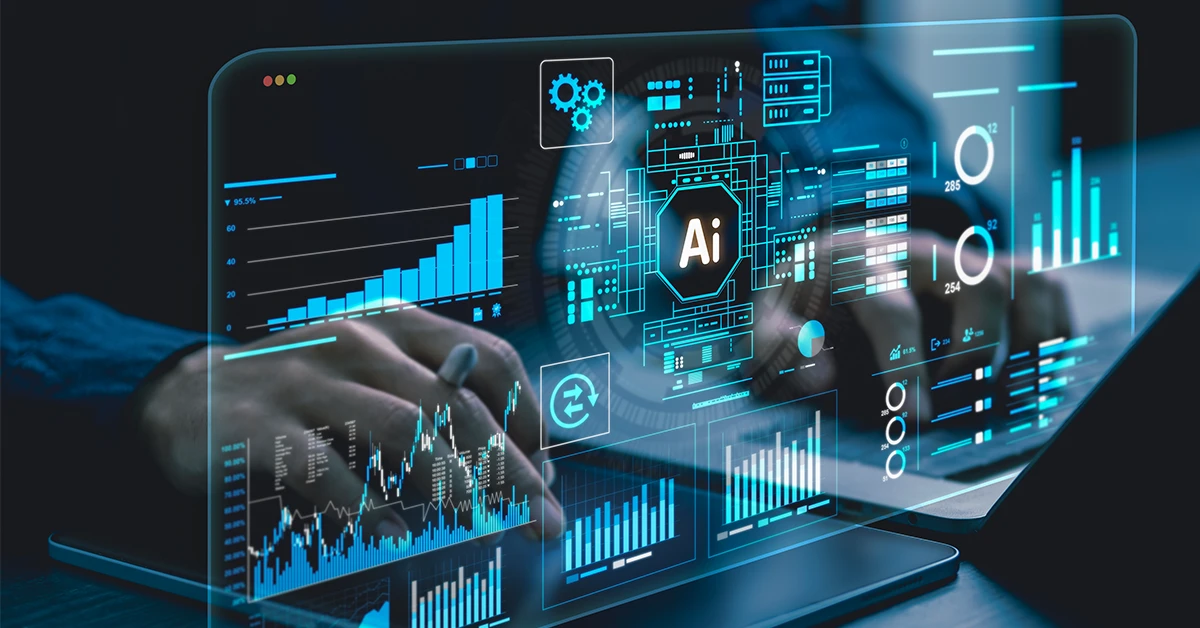Cities all over the world are embracing digital transformation to become more efficient, resilient and environmentally sustainable. In smart cities, IoT, OT and IT technologies converge to improve the effectiveness of systems ranging from transportation, energy, public safety and utilities. But as smart cities grow more complex and interconnected, they become more vulnerable to cyberattacks. Below, we outline some of the main deployment challenges for smart cities, and how we address and help resolve them.
Data Privacy and Remote Access to Physical Systems Must be Addressed
Often, cybersecurity is an afterthought as traditional cybersecurity solutions can’t keep pace with the growing number of smart city devices and vast volumes of sensitive data. Many of the IoT and OT devices in municipal infrastructure lack even the basic cybersecurity features and are essentially not visible to traditional IT cybersecurity programs. Furthermore, growing compliance requirements and competing compliance frameworks increase pressure on smart cities to achieve sound technology governance.
Failing to protect cities can result in identity theft, consumer data breach, delay or failure of critical services such as power or transportation, costly ransomware attacks, and safety risks such as compromised water supplies. Protecting customer data and providing reliable city services is paramount in the face of the cyber threats smart cities must confront.
Top of Mind Requirements and Deployment Challenges
In our research and customer engagements, we are finding common challenges that face city planners and service deployments:
- Data protection and ransomware concerns: The privacy of individuals is a fundamental right that should be guaranteed in a smart city. The residents of a smart city use various services and communicate with each other through latest technology that is connected using heterogeneous networks and systems, which are the target for hackers who want to bring down services or inject ransomware into the systems. Protecting customer data and offering reliable services are a primary concern and objective for business owners.
- Unique IoT network and device requirements: The Internet of Things (IoT) incorporates a huge number of distinguished and heterogeneous devices and gives free access to information for various online services for smart cities. IoT plays a gigantic role in developing and maintaining the services of a smart city, making the issue of secure information flow a huge task. Nozomi Networks understands IoT product requirements and is uniquely qualified to address IoT-related cybersecurity challenges.
- Scale and connectivity requirements: The telecommunication sector is part of a smart city’s critical infrastructure and is vulnerable to various malicious attacks, viruses, frauds and privacy attacks. Many financial and governance activities are also carried out through telecommunication and wireless networks, raising the need for security and authentication. This level of access and communications by the public is not present in traditional OT environments.
A Multi-Phase Platform for the Entire Security Lifecycle
Smart Cities need help in various phases of the security lifecycle across all their services and deployments. Bringing these together in a comprehensive platform can deliver new levels of efficiency and automation to cybersecurity teams.
We break down the incident lifecycle into three phases that align with various admin tasks and security processes: Anticipate, Diagnose and Respond.

The first phase of cybersecurity maturity is understanding what is on the network and anticipating where risks may arise, such as known vulnerabilities in unpatched systems and devices. Nozomi Networks provides visibility to all your endpoints with deep data collection that can expose vulnerabilities and highlight where to focus risk management efforts before the attack. Visualizing device connections and traffic patterns can also facilitate incident response and compliance efforts.
Nozomi Networks applies its artificial intelligence / machine learning (AI/ML) engine to deliver industry-leading insights and analytics. Our threat intelligence data stays up to date with signatures and indicators of compromise (IOC) from the latest attacks and ransomware trends.
When it’s time to respond to a security breach or a process control issue, you need actionable intelligence to address the problem with the minimum cost and impact to your operations. Nozomi Networks gives you all the information and insight right at your fingertips to remediate issues, dive into further research, and guide or coordinate an appropriate response. The Nozomi platform aggregates an enormous amount of data from devices and network traffic across the organization with our elastic cloud offering, Vantage. Making this data available, useful and accessible from a number of different angles is the power of the platform’s user interface design, alert dashboards, query capabilities and forensic tools.
What Our Partners Are Saying
Smart Cities frequently require an integrated platform approach with advanced deployment and integration services. These can be highly scalable, data intensive projects on multi-cloud architectures where partner expertise can bridge resource and skill gaps. We’ll close with some thoughts of our strategic partners that have significant Smart City efforts:



The Nozomi Networks solution is the leading solution for smart cities, specially designed to help you anticipate, diagnose and respond to cybersecurity risks in even the most complex and geographically dispersed locations. With the ability to secure a wide range of physical IoT devices and sensors at any scale and on a cloud-hosted platform, we cover all smart city systems, from smarts grids, metering and transportation to video surveillance.









